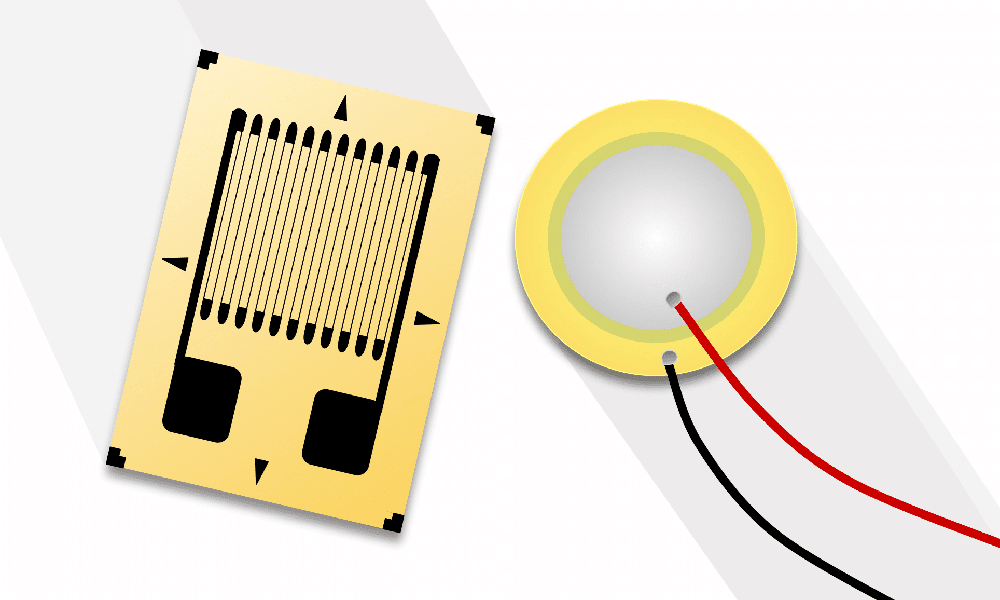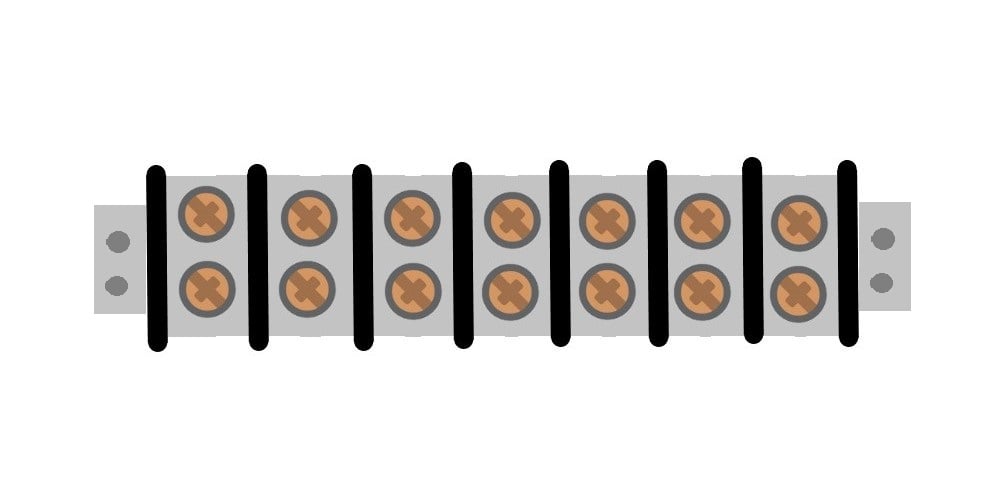- Date: February 14, 2020
- By: Maria Pontones
- Categories: Fundamentals
For load measurement, strain gauge load cells are cost-effective, accurate and highly configurable. Learn about their properties and how their bridge configurations affect accuracy.
Read More
- Date: January 8, 2020
- By: Maria Pontones
- Categories: Fundamentals
Learn about different load cell types that exist and what applications they are suited for: strain gauge, hydraulic, pneumatic, capacitive and piezoelectric transducers
Read More
- Date: March 13, 2020
- By: Maria Pontones
- Categories: Fundamentals
Here we present general ways to evaluate uncertainty in force measurement applications. We also relate these concepts to the uncertainty figures given with load cell product specifications.
Read More
- Date: May 19, 2020
- By: Maria Pontones
- Categories: Fundamentals
Accurate load cell measurements rely on proper rounding techniques to ensure data sets are within the range of a manufacturer's specifications. Learn more about this here.
Read More
Understand the working principle of optical strain gauge technology and explore its advantages and disadvantages in load applications
Read More
This article explains how to measure forces diverted from the desired force direction (a "force shunt"), to derive accurate force data. This is important when other methods of compensating for force shunts are impractical.
Read More
Learn what the piezoelectric effect is, which materials create it, their fabrication, and their use in piezoelectric nanomaterials (PN), energy harvesting devices, sensors, and actuators.
Read More
This article explains how strain gauge properties differ from piezoelectric sensors and how these properties make each well-suited for different applications.
Read More
Terminal blocks complete circuits between two bare wire ends. Aside from safety, terminal blocks have distinct advantages when building circuits, including organization and ease of maintenance. Learn the different types here.
Read More
Not all load cells are created equal. What sets the most accurate, reliable and long-lasting apart? This article answers this question to help you find the best quality load cell.
Read More










